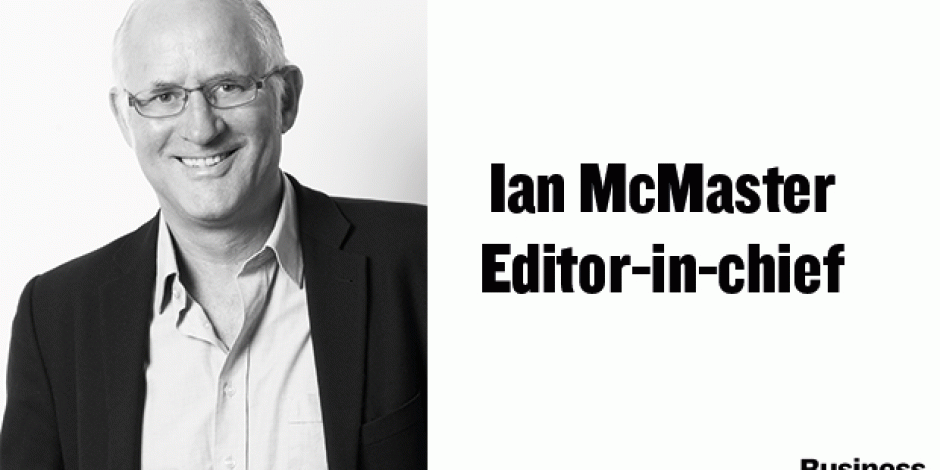6.9.2018
Imagine you are taking part in a Bewerbungs-, Vorstellungsgesprächjob interviewjob interview in English and are asked whether you are a good team player. What would your reply be?
ich schätze / ich nehme an, dass …my guess is that…My guess is that you would say something like this:
“Yes, I see myself very much as a team player. I enjoy working together with others, exchanging ideas and to come up with sth.sich etw. einfallen lassen, auf etw. kommencoming up with jointgemeinsamjoint solutions to the “challengeHerausforderung, schwierige Aufgabechallenges that we are to face sth.etw. gegenüberstehenfacing.”
That would certainly not be a bad answer in most situations, and please to feel free to do sth.etw. gerne tun könnenfeel free to use it in your next interview. If you prefer, you could replace “challenges” — a very trendy word — with the less euphemisticeuphemistisch, beschönigendeuphemistic “issueThema, Problemissues” or even “problems”.
“Could you define what you mean by ‘teams’ and ‘teamwork’?”
The answer above may even genuinelywirklichgenuinely reflect the way you feel about teams and teamwork. But it may simply be what you feel you are expected to say in order to get the job. Nothing wrong with that; being pragmatic — and even a little to be economical with the truthnur die halbe Wahrheit sageneconomical with the truth — is perfectly OK in job interviews.
I doubt, however, that you would reply to the question about being a team player with any of these responses:
- “To be honest, I work better alone and see teamwork as basically just a necessary evil in order to make sure that everyone knows what everyone is doing.”
- “I think brainstorming and decision-making is often most effective when it is done individually. Teamwork can waste an awful lot of time and doesn’t necessarily lead to the best decisions.”
- “Before I answer that question, could you define for me exactly what you mean by ‘team player’ and the concepts of ‘teams’ and ‘teamwork’? That would help me to give you a precise answer.”
Although these answers are unlikely at a job interview, they all contain important elements of truth, both from the point of view of individuals and of organizations.
The last answer, which actually to ask a question of sb.hier: jmdm. eine Frage stellenasks a question of the interviewer, is particularly interesting. It requests a definition of teamwork in this particular organization, rather than to assume sth.etw. annehmenassuming that everyone has the same understanding of what it means. And even within organizations, different notionVorstellung, Ansichtnotions of teamwork co-exist, as I notice every day at Spotlight Verlag.
In the latest issuehier: Ausgabeissue of Business Spotlight, Bob Dignen looks at the advantages and disadvantages of two types of teams: a “we-team”, in which everyone works closely together all the time, and an “I-team”, which gives more freedom to individuals.
Bob also suggests that you should have an open discussion in your teams about working styles, and he provides the language you need to do so. When are you going to start this discussion?
In his blog, Ian McMaster has been commenting on global business issues since 2002. For older entries, see the blog archive on our former website.


